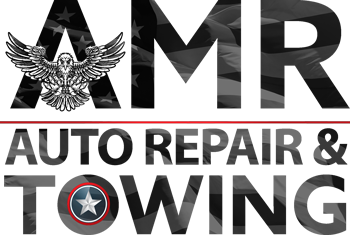What Happens if You Don’t Use Premium Gas?
September 29, 2020 11:06 pm Leave your thoughtsHigher-performance vehicles may require or recommend premium gas in Salt Lake City, UT. However, if your budget is tight and you need fuel to get to work, it is often tempting to fill up on regular octane and resume using premium fuel later. This choice produces worry, as many people are concerned about ruining their engine. Here is an overview explaining premium gas and what happens when you do not use it.
Premium gas explained
When you visit a gas station, you likely see at least three options at the pump: regular, mid-grade or premium gasoline. Regular contains an octane of 87, mid-grade is 89 and premium is at least 91. Sometimes, you will see a premium octane of 93.
High octane gasolines stand up better to ignition compression when it begins. The higher this octane, the lower the likelihood that the detonation sequence happens at the wrong time. While most makes and models are optimized to run on regular octane, high-performance vehicles and trucks in heavy work (like frequent towing) run better and more efficiently on higher octanes. This is usually communicated in your owner’s manual or on a label on your gas tank.
If your manual or label states “premium fuel required,” it means exactly that—fill up with premium fuel every time. Other vehicles may indicate “premium fuel recommended”. That allows you a bit more flexibility, and you may want to save premium fuel fill-ups for when your vehicle will experience more than the usual work or driving demands (like towing large horse trailers or taking a long road trip).
Effects of regular octane
If your vehicle does not require high octane gasoline, there are no effects. You may face slightly impaired fuel efficiency if you do not use premium fuel in a “premium fuel recommended” vehicle, but you are unlikely to face catastrophic effects.
Vehicles that indicate “premium fuel required” are more vulnerable to the effects of using the wrong fuel on an engine in Salt Lake City, UT. If you do this once or twice due to inattention or budget concerns, you are unlikely to cause lasting damage. Your fuel efficiency and performance may decrease, and you may hear a pre-ignition knock. However, this normally goes away once you resume using premium fuel.
However, if you make this a habit, you will damage your engine. Prolonged use of regular fuel in these vehicles produces persistent engine knocks, which voids warranties and causes breakdowns. You may even find yourself looking at an engine replacement or other expensive repairs.
Also, keep in mind that using regular gas on a premium fuel car reduces fuel efficiency significantly. You will fill up more frequently with cheaper gas than if you paid a little more per gallon for premium gas. This adds up, and when added to likely repair costs, those brief savings are likely never worth the risk.
If a budget shortfall has left you using cheap gas and causing engine knocks, it is better to see a mechanic before you need towing service. AMR Auto Repair & Towing in Salt Lake City, UT offers auto repair, towing and roadside assistance. Call us today if you need to be rescued or wish to make an auto maintenance or repair appointment.
Categorised in: Mechanic
This post was written by Writer
